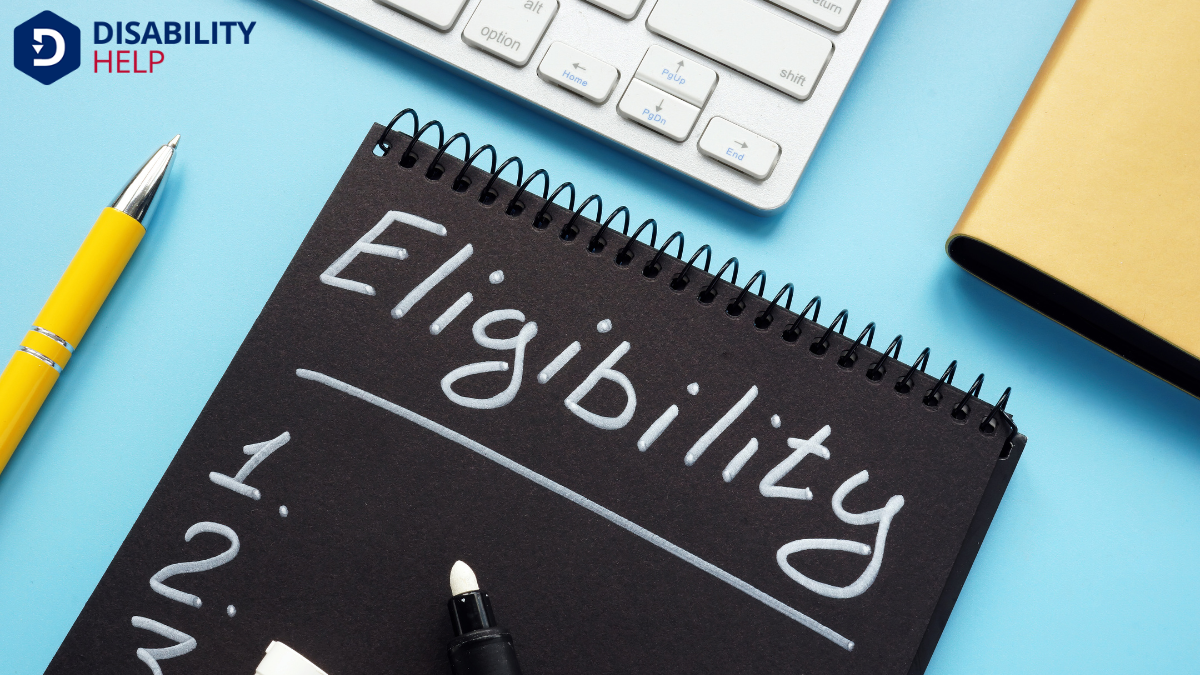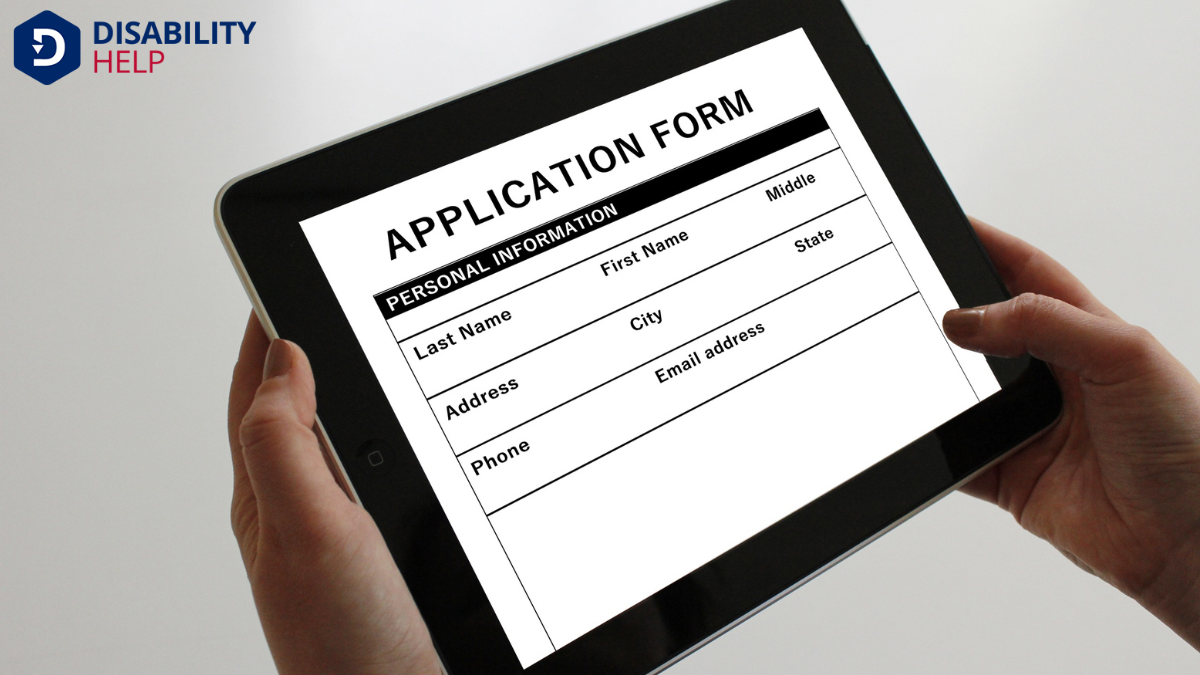For short-term disability qualification, a medical exam isn't always necessary. We often rely on detailed medical records to verify your condition. However, if documentation lacks clarity or your condition is unique, we might request an exam. This extensive assessment guarantees we grasp your situation fully. Employment status and medical evidence play key roles in eligibility, so thorough records are vital. Stay with us to explore everything you need to know about the process.
Key Takeaways
- A medical examination may be required if existing documentation is insufficient or conflicting.
- Rare or complex conditions often necessitate a medical examination for claim substantiation.
- Comprehensive medical records can sometimes eliminate the need for an additional exam.
- Insurers may request an exam to ensure a thorough assessment of the disability claim.
- A medical exam is not always mandatory, depending on the quality of submitted documentation.
Understanding Short-Term Disability Insurance
Short-term disability insuranceInsurance that provides income replacement for a limited time when an employee is unable to work due... is an important safety net, providing financial support when we're unable to work due to temporary medical conditions. It guarantees we maintain some income during recovery from surgeries, injuries, or illnesses.
We recognize that life can be unpredictable, and having this coverage gives us peace of mind and stability when we need it most.
When we consider getting this insurance, it’s vital to understand how it functions. Generally, it covers a portion of our salary for a limited period, usually a few weeks to several months.
We typically need to provide proof of our medical condition to qualify for benefits. Understanding the terms of our policy, like waiting periods and benefit durations, helps us make informed decisions about our financial security.
Key Factors That Determine Eligibility

While understanding how short-term disability insuranceA form of insurance that provides income to individuals who are unable to work due to a disability. functions is important, knowing the key factors that determine our eligibility for benefits is equally important.
We need to take into account several vital elements to guarantee we meet the necessary requirements. First, our employment status matters. Are we full-time or part-time employees? This can greatly influence our eligibility.
Second, the length of our employment with the company often plays a role. Many policies require us to be employed for a specific period before qualifying for benefits.
Finally, our specific medical condition must align with the policy’s definition of disability.
- Employment Status: Full-time vs. part-time
- Length of Employment: Minimum employment duration
- Medical Condition: Must meet the policy's definition of disability
Understanding these factors can help us navigate the process smoothly.
The Role of Medical Documentation
When applying for short-term disability benefitsFinancial assistance provided to individuals who are unable to work due to a disability, such as Soc..., we can't overlook the vital role of medical documentation. These records serve as the backbone of our claim, offering evidence of the condition impacting our ability to work.
Extensive documentation from healthcare providers can greatly influence the outcome, guaranteeing our application aligns with policy requirements.
Let’s make sure our medical records are thorough and updated, including diagnoses, treatment plans, and progress notes.
Physicians’ statements detailing how the condition limits daily tasks are essential. By presenting a clear and complete medical picture, we strengthen our claims and facilitate a smoother review process.
Circumstances Requiring a Medical Examination
Although thorough medical documentation is the cornerstone of our short-term disability claim, certain situations might necessitate a medical examination.
We may find ourselves facing this requirement when the documentation doesn’t fully capture the complexity of our condition.
Let’s explore scenarios where an exam becomes essential:
- Insufficient Documentation: If our existing medical records lack detail, insurers may request an exam to clarify our condition.
- Conflicting Information: Discrepancies between reports from different healthcare providers could trigger a need for further examination.
- Rare or Uncommon Conditions: When our condition isn't well-documented or understood, an exam can help substantiate our claim.
Navigating the Application Process

Starting on the application process for short-term disability benefits can feel overwhelming, but understanding each step is vital.
First, we need to gather all necessary documents, including medical records and employment information. It's important to guarantee these documents are accurate and up-to-date, as they form the basis of our application.
Next, we should contact our human resources department or benefits administrator to obtain the specific forms required for our claim. It's important to fill out these forms carefully, paying attention to every detail to avoid delays.
As we progress, let's keep copies of everything we submit, including correspondence. This way, we maintain a record of our application process and can refer back if needed.
Tips for a Smooth Approval Journey
For a smooth approval journey, let's focus on gathering essential documentation and communicating effectively with our healthcare providers.
Having organized records and clear communication can greatly enhance our application's success.
Together, we can guarantee we're fully prepared for each step of the process.
Gather Essential Documentation
To streamline the approval process for short-term disability, gathering essential documentation is crucial.
It's understood that it can seem overwhelming, but having everything in order helps us navigate the system more smoothly.
Let’s make sure we've the necessary paperwork ready:
- Medical Records: Collect thorough medical reports and any relevant test results. These records should clearly outline our condition and its impact on our ability to work.
- Employer Documentation: Obtain copies of our job description and any employer-provided information on disability benefits. This helps illustrate how our condition affects job performance.
- Personal Statement: Prepare a detailed account of how our condition impacts daily life and work. This personal touch adds depth to our application and supports our medical records.
With these documents, we’re better prepared for a seamless approval journey.
Communicate With Healthcare Providers
Having our documentation in order sets us up for the next step: effective communication with our healthcare providers.
It's essential that we clearly explain our situation and the need for short-term disability support. When we speak with our doctors, let's make sure they understand the specific requirements of our insurance policy. This includes any documentation they might need to provide, like medical records or a detailed report of our condition.
We should schedule a dedicated appointment to discuss our short-term disability application. This gives us the chance to address any questions they might have.
Conclusion
In our journey to understand short-term disability insurance, we've seen how important medical documentation is in determining eligibility. While not every situation requires a medical examination, it’s essential to be prepared if it does. By staying informed and organized, we can navigate the application process smoothly. Let’s remember to gather all necessary documents and seek guidance when needed, ensuring our approval journey is as seamless as possible. Together, we can tackle this process with confidence.






